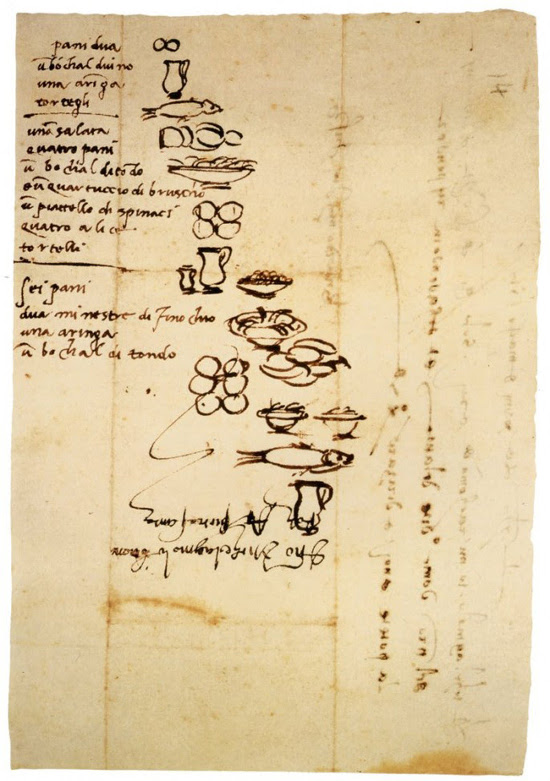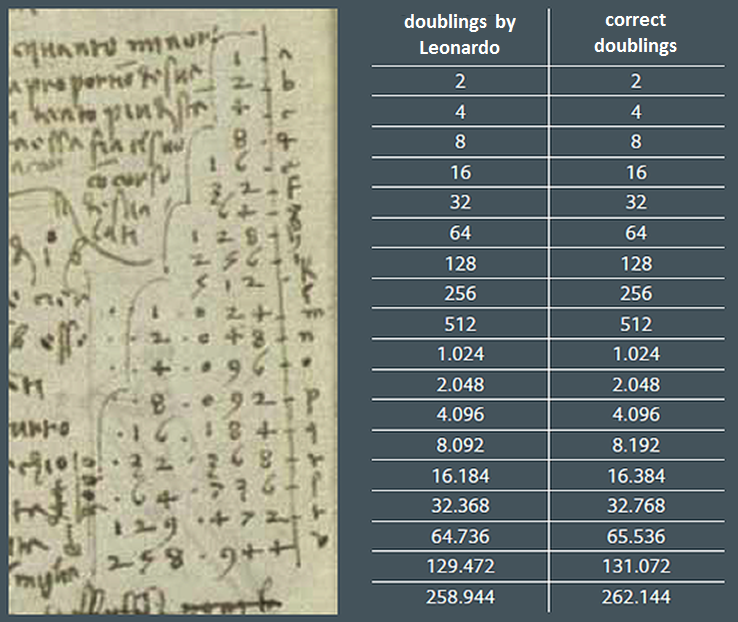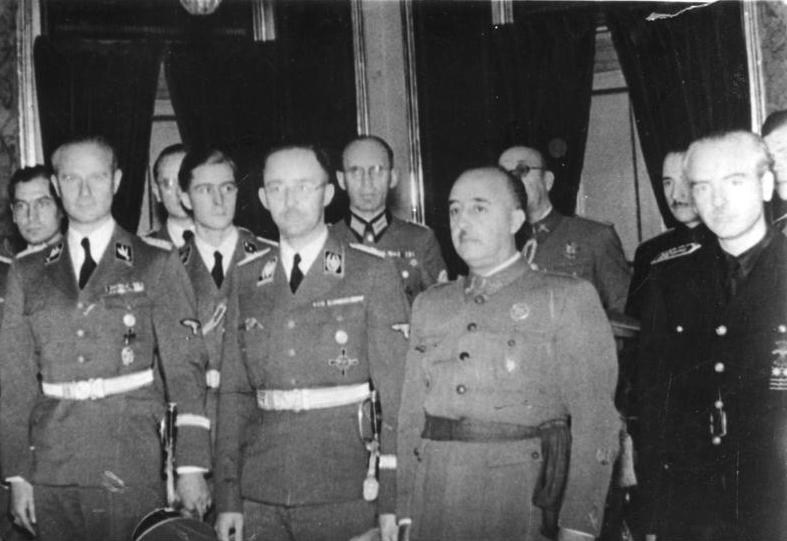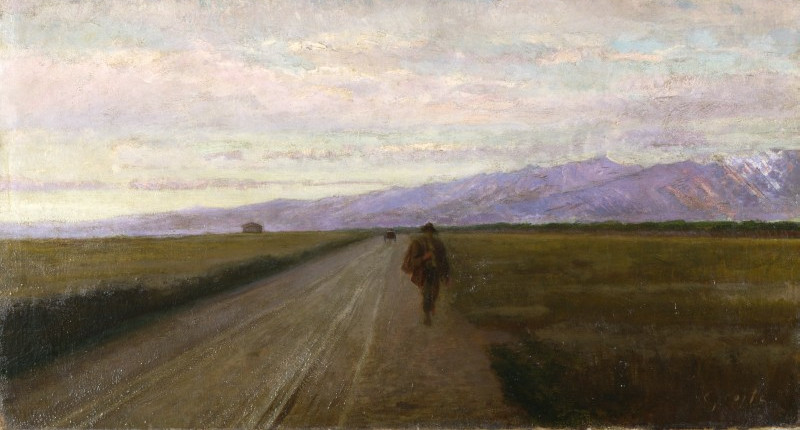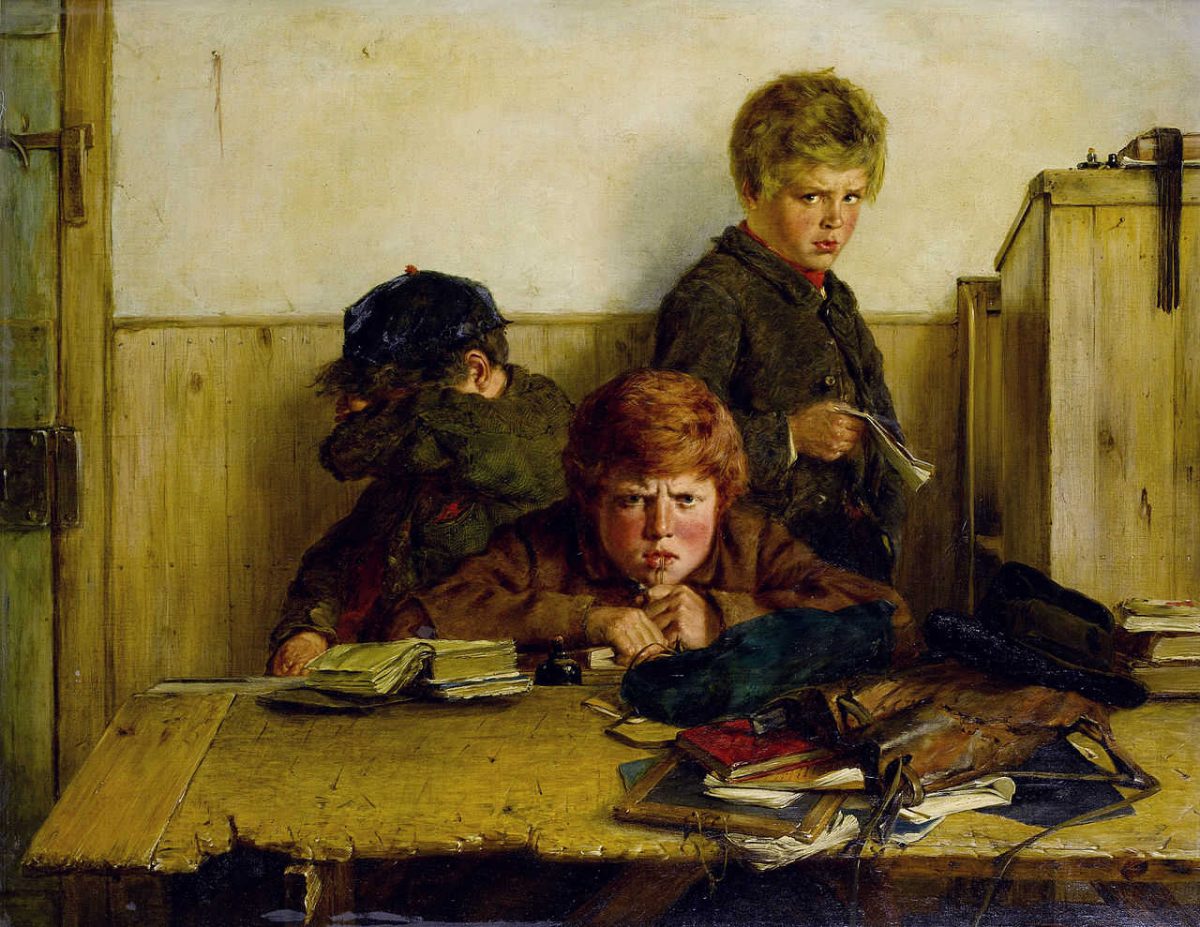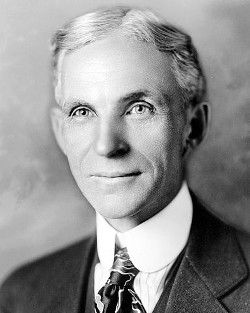
In 1914 Henry Ford adopted a policy that no one applying for work at his auto plant would be refused on account of physical condition. Of the 7,882 jobs at the factory, he’d found that only 4,287 required “ordinary physical development and strength”:
The lightest jobs were again classified to discover how many of them required the use of full faculties, and we found that 670 could be filled by legless men, 2,637 by one-legged men, 2 by armless men, 715 by one-armed men, and 10 by blind men. Therefore out of 7,882 kinds of jobs, 4,034 — although some of them required strength — did not require full physical capacity.
“That is, developed industry can provide wage work for a higher average of standard men than are ordinarily included in any normal community. If the jobs in any one industry or, say, any one factory, were analyzed as ours have been analyzed, the proportion might be very different, yet I am quite sure that if work is sufficiently subdivided — subdivided to the point of highest economy — there will be no dearth of places in which the physically incapacitated can do a man’s job and get a man’s wage.”
(Henry Ford, My Life and Work, 1922.)

